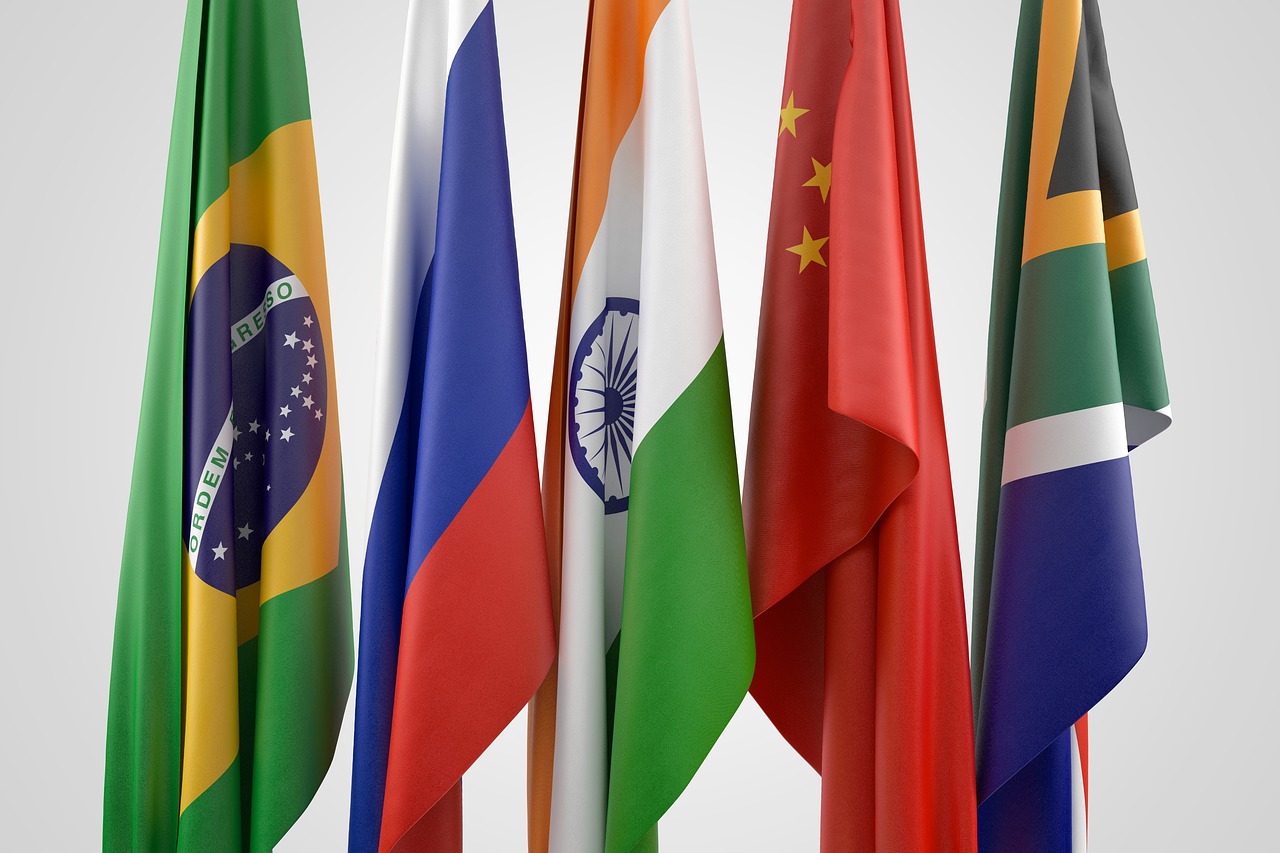BRICS: 7 Countries Applied For Membership Within a Week
26.06.2024 9:00 1 min. read Kosta Gushterov
Interest in BRICS membership is on the rise, with seven countries applying to join just one week after the recent foreign ministers' meeting.
Delsey Rodriguez, Venezuela’s vice president, announced at an economic seminar in Caracas that the South American nation is another new candidate.
This follows the bloc’s move at its annual summit in 2023, when it invited and approved the accession of Iran, Ethiopia, Egypt and the UAE.
Along with Venezuela, Thailand, Malaysia, Zimbabwe, Colombia, Vietnam and Pakistan have also applied for membership. Rodríguez emphasized Venezuela’s readiness to accept the changing world order.
Pakistan, through Senator Mushahid Hussain Syed, expressed its interest in joining BRICS for the first time, stressing increasing efforts of Russia and China in Southeast Asia to strengthen BRICS influence.
With Thailand and Malaysia, which are preparing for membership, BRICS is poised for a potential second expansion at its annual summit in October 2024, underscoring the alliance’s growing geopolitical importance.
-
1
Russia’s Oil Revenues Strained as Exports Decline Again
24.06.2025 18:00 2 min. read -
2
Recession Fears Linger as Economic Signal Flashes Long-Term Warning
25.06.2025 9:00 2 min. read -
3
Robert Kiyosaki Predicts When The Price of Silver Will Explode
28.06.2025 16:30 2 min. read -
4
Trump Targets Powell as Fed Holds Rates: Who Could Replace Him?
27.06.2025 9:00 2 min. read -
5
U.S. PCE Inflation Rises for First Time Since February, Fed Rate Cut Likely Delayed
27.06.2025 18:00 1 min. read
Key U.S. Economic Events to Watch Next Week
After a week of record-setting gains in U.S. markets, investors are shifting focus to a quieter yet crucial stretch of macroeconomic developments.
Robert Kiyosaki Predicts When The Price of Silver Will Explode
Robert Kiyosaki, author of Rich Dad Poor Dad, has issued a bold prediction on silver, calling it the “best asymmetric buy” currently available.
U.S. PCE Inflation Rises for First Time Since February, Fed Rate Cut Likely Delayed
Fresh data on Personal Consumption Expenditures (PCE) — the Federal Reserve’s preferred inflation gauge — shows inflation ticked higher in May, potentially delaying the long-awaited Fed rate cut into September or later.
Trump Targets Powell as Fed Holds Rates: Who Could Replace Him?
Federal Reserve Chair Jerome Powell is once again under fire, this time facing renewed criticism from Donald Trump over the Fed’s decision to hold interest rates steady in June.
-
1
Russia’s Oil Revenues Strained as Exports Decline Again
24.06.2025 18:00 2 min. read -
2
Recession Fears Linger as Economic Signal Flashes Long-Term Warning
25.06.2025 9:00 2 min. read -
3
Robert Kiyosaki Predicts When The Price of Silver Will Explode
28.06.2025 16:30 2 min. read -
4
Trump Targets Powell as Fed Holds Rates: Who Could Replace Him?
27.06.2025 9:00 2 min. read -
5
U.S. PCE Inflation Rises for First Time Since February, Fed Rate Cut Likely Delayed
27.06.2025 18:00 1 min. read

